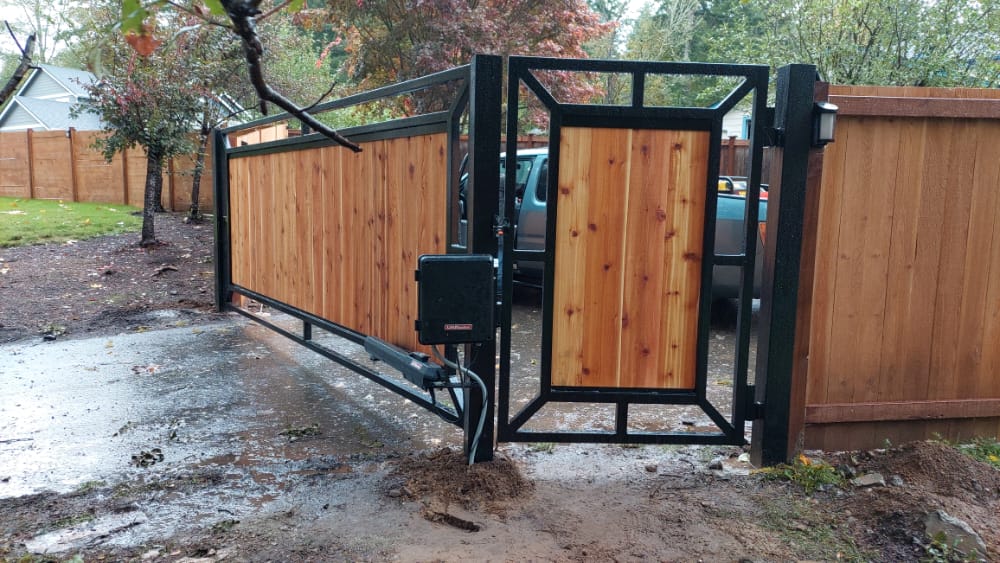Safety precautions to consider when installing electrical wiring
When it comes to installing electrical wiring, safety should always be the top priority. There are several precautions that should be considered to ensure the safety of both the installer and the occupants of the building.
First and foremost, it is crucial to turn off the power supply before beginning any work on electrical wiring. This can help prevent accidental shocks or electrocution. Additionally, using insulated tools and wearing personal protective equipment such as gloves and safety goggles can provide an extra layer of protection.
Proper planning and preparation are also key when installing electrical wiring. It is important to carefully map out where the wires will be installed and to ensure they are not in close proximity to any water sources or flammable materials. Using appropriate wire gauges and following local building codes can also help prevent potential hazards.
Furthermore, regular inspections and maintenance of the electrical system are essential to ensure its continued safety and functionality. Any signs of wear or damage should be addressed promptly by a qualified electrician.
In conclusion, taking proper safety precautions when installing electrical wiring is essential for preventing accidents and ensuring the well-being of everyone involved. By following these guidelines, you can help create a safe environment for yourself and others.

